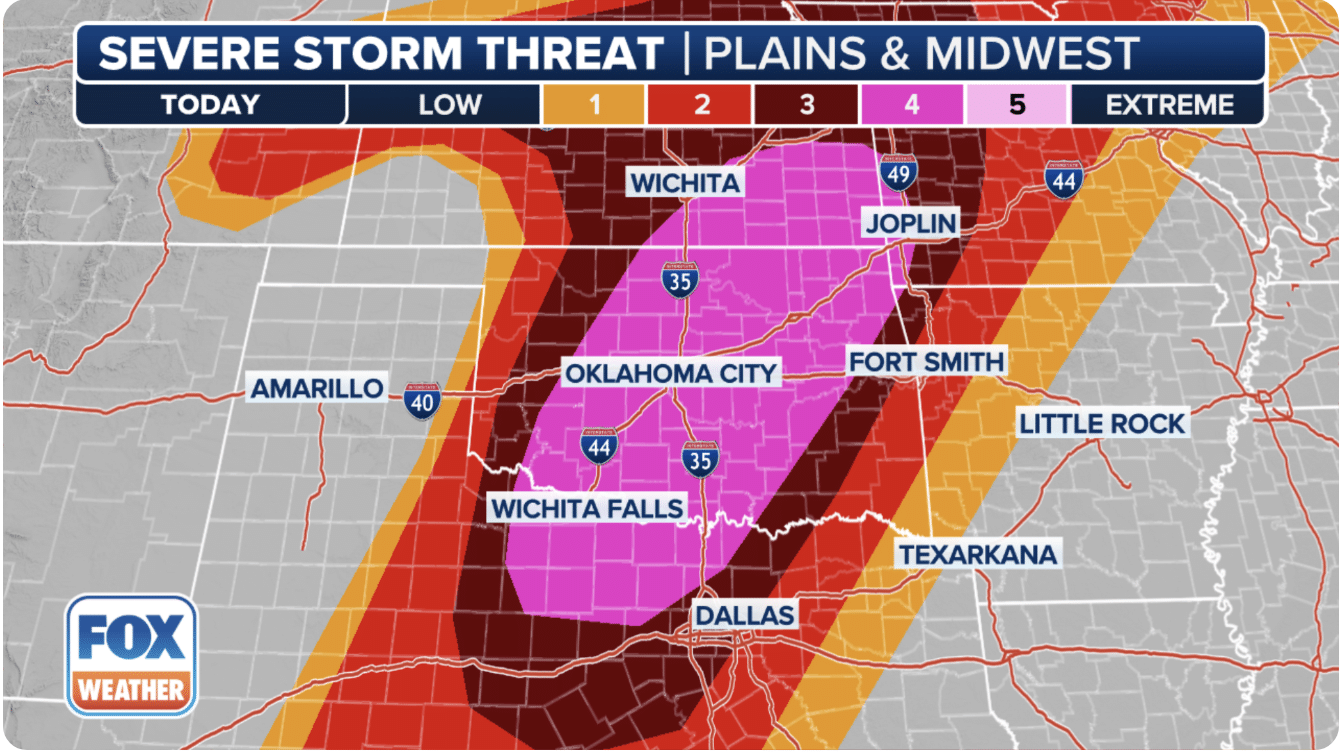According to a new report, The coronavirus mutant that is now dominant in the United States is a member of the omicron family but scientists say it spreads faster than its omicron predecessors, is adept at escaping immunity, and might possibly cause more serious disease. Why? Because it combines properties of both omicron and delta, the nation’s dominant variant in the middle of last year.
A genetic trait that harkens back to the pandemic’s past, known as a “delta mutation,” appears to allow the virus “to escape pre-existing immunity from vaccination and prior infection, especially if you were infected in the omicron wave,” said Dr. Wesley Long, a pathologist at Houston Methodist in Texas. That’s because the original omicron strain that swept the world didn’t have the mutation.
The omicron “subvariant” gaining ground in the U.S. — known as BA.2.12.1 and responsible for 58% of U.S. COVID-19 cases last week — isn’t the only one affected by the delta mutation. The genetic change is also present in the omicron relatives that together dominate in South Africa, known as BA.4 and BA.5. Those have exactly the same mutation as delta, while BA.2.12.1 has one that’s nearly identical.
This genetic change is bad news for people who caught the original omicron and thought that made them unlikely to get COVID-19 again soon. Although most people don’t know for sure which variant caused their illness, the original omicron caused a giant wave of cases late last year and early this year.
Long said lab data suggests a prior infection with the original omicron is not very protective against reinfection with the new mutants, though the true risk of being reinfected no matter the variant is unique to every person and situation.
In a twist, however, those sickened by delta previously may have some extra armor to ward off the new mutants. A study released before it was reviewed by other scientists, by researchers at Ohio State University, found that COVID patients in intensive care with delta infections induced antibodies that were better at neutralizing the new mutants than patients who caught the original omicron.


















